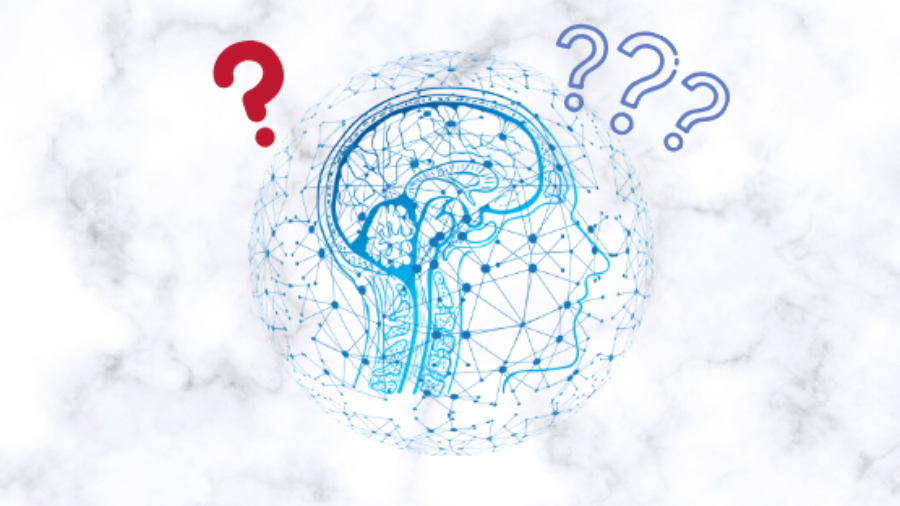I frequently receive phone calls from friends or family members of an individual suffering from a mental health crisis. Their question is the same, “Can I get a guardianship over them and force them to take their medications, or get psychiatric care?” Or sometimes the question is whether they can get a trust or some other legal document to prevent the person from spending their money irresponsibly or giving it away.
Although my heart goes out to these families, it pains me to tell them that guardianship is not a likely remedy and here is WHY:
Due to major changes in Texas guardianship law over the last five (5) years, it has become increasingly difficult to obtain guardianship over a disabled person. Statutory probate courts, which have the responsibility of overseeing these cases, are closely scrutinizing applications and applicants for guardianship. As a result, not only has obtaining a guardianship become challenging, but more costly.
Applicants for guardianship (friends or family members of the individual) are required, by law, to consider feasible alternatives to guardianship and supports and services before they file for guardianship. For people suffering through a mental health crisis such as suicidal depression, a manic episode of bipolar disorder, psychosis, or a severe drug or alcohol addiction, there is at least one important alternative to guardianship that statutory probate courts also oversee: a mental health commitment.
The process for an involuntary commitment to a psychiatric hospital can be found in Chapter 574 of the Texas Health Code. This process allows family members to alert the police and the court to situations where a person may need immediate psychiatric care if they are “likely to cause serious harm” to themselves or others. The policy behind this process is that with time and the right treatment, these individuals are usually able to return to a stable mindset. As such, guardianship is viewed as unnecessary under these circumstances and even an infringement of the individual’s constitutional freedoms. Additionally, courts encourage the use of power of attorney forms and supported decision-making to assist individuals dealing with short-term declines in mental health or borderline cognitive functioning, as a feasible alternative to guardianship.
Guardianship, therefore, should be thought of as a long-term solution to severe mental decline. Generally, a probate court will approve a guardianship application when the individual is completely unable to care for themselves and/or their property and finances on a permanent basis. Medical conditions that tend to result in this finding include severe intellectual or developmental disabilities, traumatic brain injury, post-stroke dementia, and Alzheimer’s dementia.
Attorney Adriane S. Grace regularly consults with families on guardianship, alternatives to guardianship, and supports and services including public benefits, and helps them navigate and implement these options to avoid costly guardianship proceedings where possible. She also assists families, when guardianship is necessary, to navigate the legal process in uncontested proceedings, and to defend the application, or applicants, in contested proceedings involving complex family dynamics. Contact Attorney Adriane S. Grace if you have questions about whether guardianship is available to you in Frisco, Prosper, Plano, McKinney, Dallas, & Allen Texas area.
